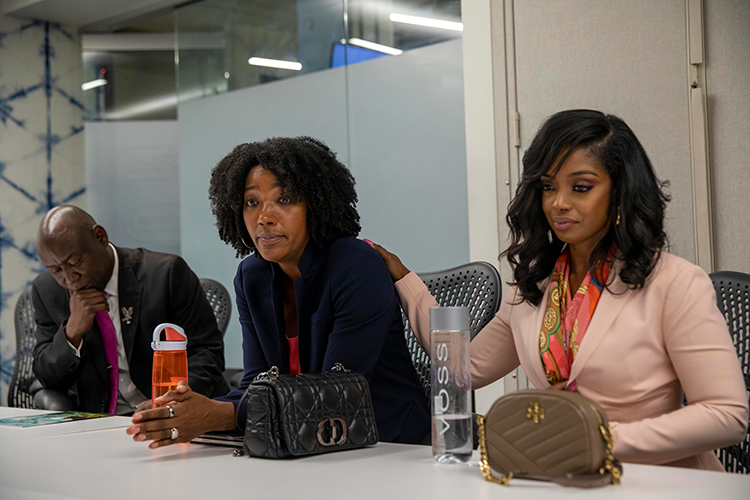Federal judge bars California city's warning about cellphones and children

Image from Shutterstock.
A federal judge in San Francisco has upheld the city of Berkeley’s law requiring cellphone retailers to alert customers that carrying the phones too close to their bodies might expose them to more radiation than is acceptable under federal standards. But he rejected an additional warning that cellphones cause an even greater risk to children, the San Francisco Chronicle reports.
U.S. District Judge Edward Chen of the Northern District of California noted that the Federal Communications Commission’s research and guidelines require manufacturers to note in product materials that phones should be kept a certain distance from our bodies and wrote that “there is a reasonable scientific basis to believe that (radio-frequency radiation emissions) at some levels can and do present health risks.” He added that the notices to customers were the city’s statements, not those of the retailers.
But, Judge Chen said, whether children are at greater risk is “a matter of scientific debate” and Berkeley’s warning on that point likely would conflict with federal regulation of cellphones.
The FCC, while offering moderate warnings, has said there is no proof that cellphone emissions endanger humans.
The CTIA-The Wireless Association filed the suit against Berkeley, arguing that the ordinance violated retailers’ First Amendment rights by forcing them to say something “false,” the New York Times reported in July.
On Monday, the company’s lawyer, former U.S. solicitor general Theodore Olson of the firm Gibson, Dunn & Crutcher, praised the ruling. “The overwhelming weight of scientific evidence refutes Berkeley’s ill-informed and misleading mandatory warnings about cellphones.”
Berkeley Mayor Tom Bates saw the decision as a victory, too, noting that the judge’s rejection of the warning about children was “a relatively small problem.”
The industry group also successfully challenged a San Francisco ordinance that would require retailers to alert customers that cellphones are dangerous and the emissions could cause cancer. The city rescinded it in 2013 after a federal appeals court blocked enforcement.
Lawrence Lessig, a Harvard Law School professor, told the New York Times in July that he and Robert Post, Yale Law School dean and a First Amendment expert, were representing Berkeley pro bono on claims that the ordinance was unconstitutional.
“The First Amendment is being contorted to all sorts of wrong ends,” Lessig said. “We’re not intending to challenge the science of cellphones. We’re just making people aware of existing regulations.”



